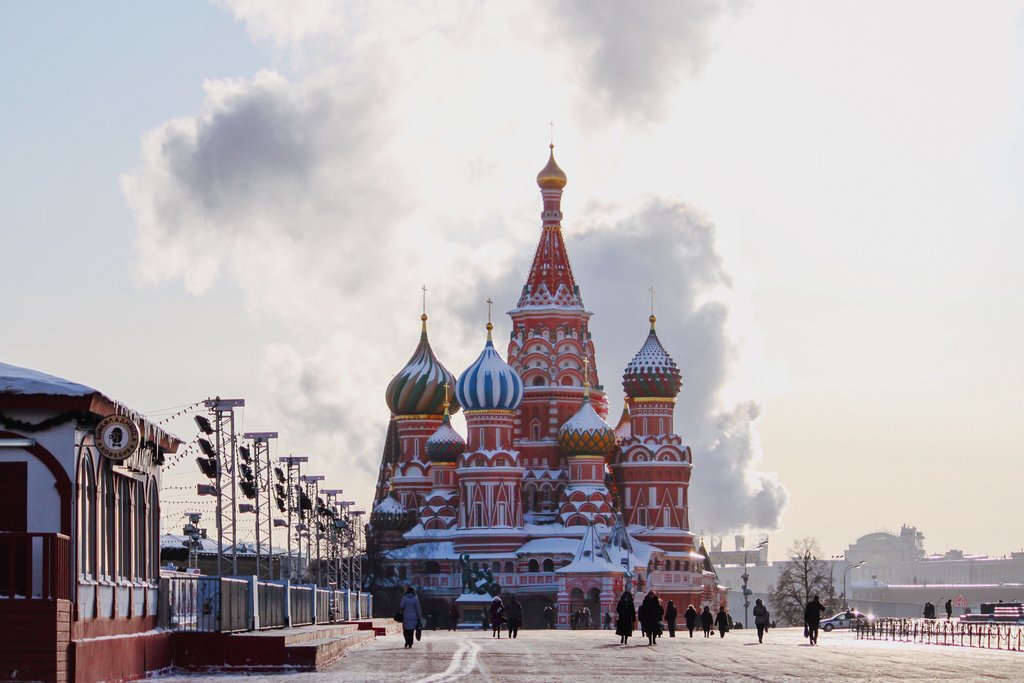Research - 06.11.2025 - 10:00
Previous research on Russian society's attitude toward the war in Ukraine has often focused on explaining support for the war or the lack of resistance. “However, the social consequences are still largely unexplored,” says Prof. Dr. Ulrich Schmid from the School of Humanities and Social Sciences (SHSS-HSG) at the University of St.Gallen. Together with his colleague Prof. Dr. Jan Matti Dollbaum from the University of Fribourg, he is leading a new research project funded by the Swiss National Science Foundation with CHF 897,910, which is investigating various effects: When and why do Russian citizens tolerate and support state repression or reject it? How does the war affect the solidarity behaviour of different social groups? And how are the changing state narratives and claims to truth perceived, processed, and possibly questioned by the population?
To answer these complex questions, the researchers are relying on surveys, in-depth interviews, ethnographic methods, and the analysis of text data. “Collecting sociological data in an authoritarian country that is at war is not easy,” says Ulrich Schmid. On the one hand, there are legal barriers: "In Russia, critical statements about the war are punished with long prison sentences as “discrediting the Russian armed forces” or “spreading fake news”. On the other hand, there is an organized consensus of non-rejection of the war in Russia. In addition, the population has been depoliticized under Putin's long years of rule. However, the researchers have experience from previous projects in indirect questioning techniques and the trust-building organization of focus groups, which will also benefit them in this project. High ethical and methodological standards are ensured.
The research project will start in January 2026 and last for four years. The results of the studies should also be significant beyond Russia for a more general understanding of modern authoritarian regimes. “Russia is an “informational autocracy”: the Kremlin's power is based not primarily on open repression, but on comprehensive influence over the public,” says Ulrich Schmid. The research project aims to shed light on the complex interplay between elements of such informational autocracies and classic authoritarian policies based on fear, ideology, and coercion.
More articles from the same category
This could also be of interest to you
Discover our special topics
